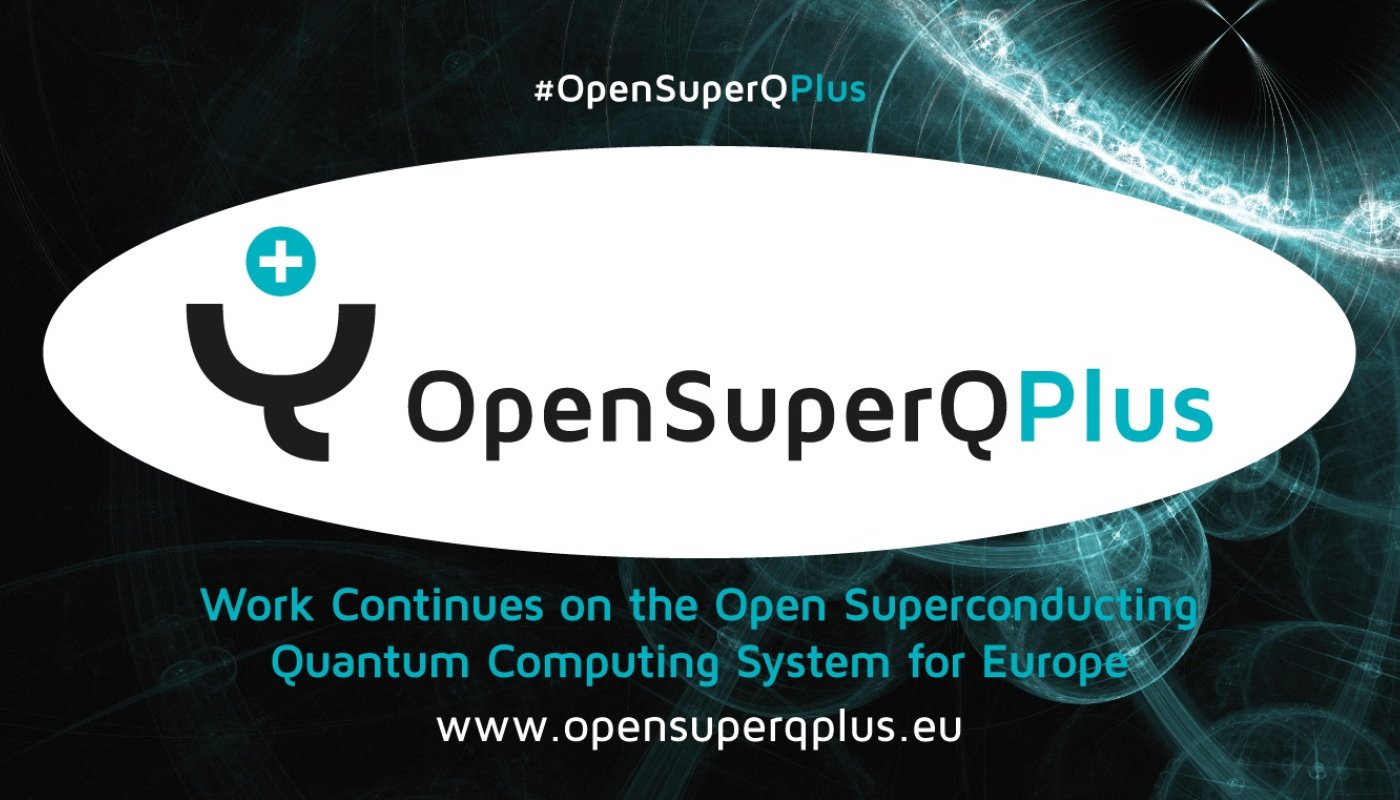News feed
European quantum computer builders meet at BME
2024. 06. 18.
One of the Hungarian development partners of the computer, based on superconducting technology and consisting of 1000 quantum bits, is BME's Faculty of Natural Sciences.
The meeting of the OpenSuperQPlus consortium of 28 European organisations took place on 17-18 June at BME Q building. The long-term goal of the Horizon Europe project, a large-scale academic-industry collaboration, is to develop a quantum computer based on superconducting technology, consisting of 1000 quantum bits. Among Hungarian research institutions, BME Faculty of Natural Sciences (TTK) and the HUN-REN Wigner FK are participating in the OpenSuperQPlus project, providing theoretical support for the development of the quantum computer.
Launched on 1 March, the project - in full, Open Superconducting Quantum Computers - brings together 28 research partners from 10 European countries to develop the 1000 qubit quantum computer. Experts from BME and HUN-REN Wigner FK are developing the software needed to run the quantum computer, in addition to implementing quantum error correction and fault-tolerant computing. On behalf of BME TTK, two researchers from the Department of Theoretical Physics, associate professors János Károly Asbóth and András Pályi, are leading the research.
In the first 3.5 years of the project, which is expected to last until 2030, several hardware and software evaluation systems will be built, starting with a 100 quantum-bit quantum computer for specific applications. In the second phase of the project, experts will build on these to address the critical components of the 1000 quantum bit computer and define the technological orientations for further development. The project could bring major changes in the fields of chemistry, materials science, optimisation challenges and machine learning.
As János Asbóth previously told bme.hu, the project's predecessor is one of the most prominent superconducting quantum computers built in academic environment, namely, at ETH Zurich. Although only 17 quantum bits, it was the first to achieve quantum error correction by repeated measurements. It was part of the OpenSuperQ project, continued by the current OpenSuperQPlus.
OpenSuperQPlus is supported by the European Union with €20 million from the Horizon Europe Framework Programme fund. BME TTK will receive €274,000, or around HUF 100 million, for the first phase of the project.
